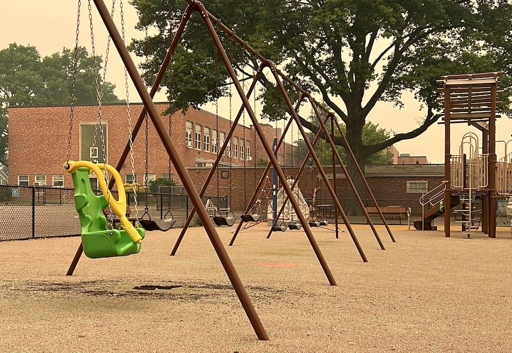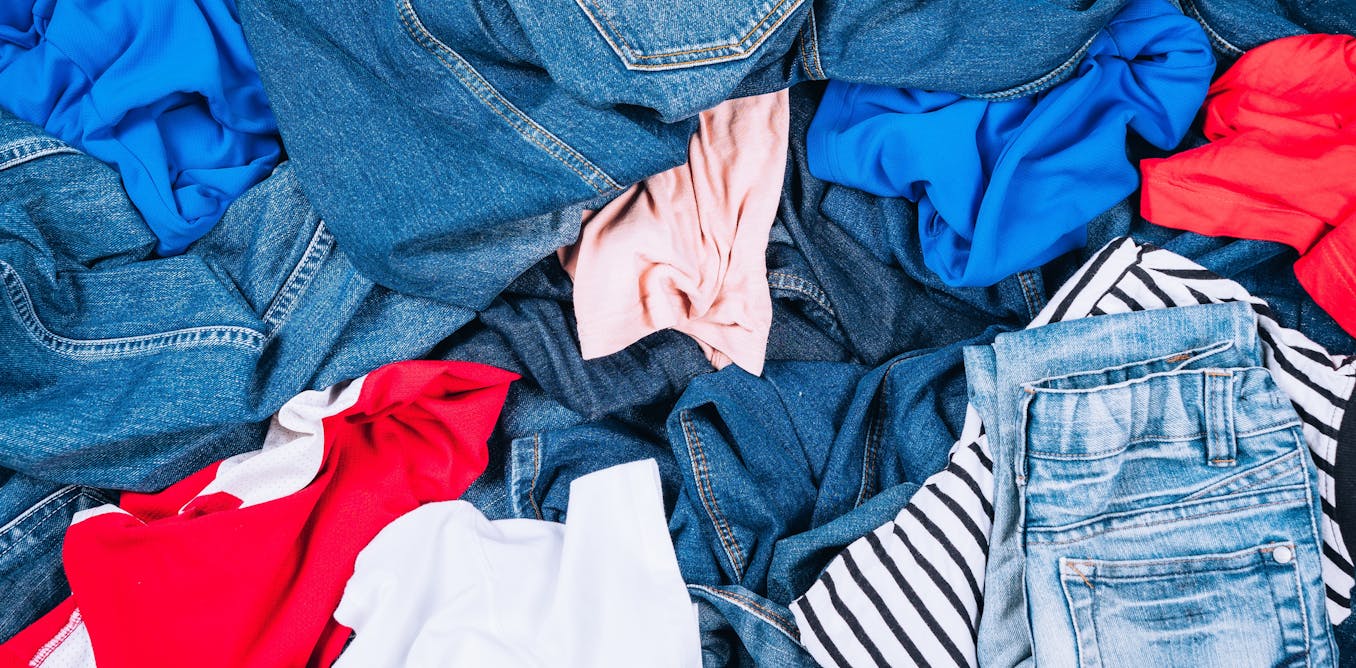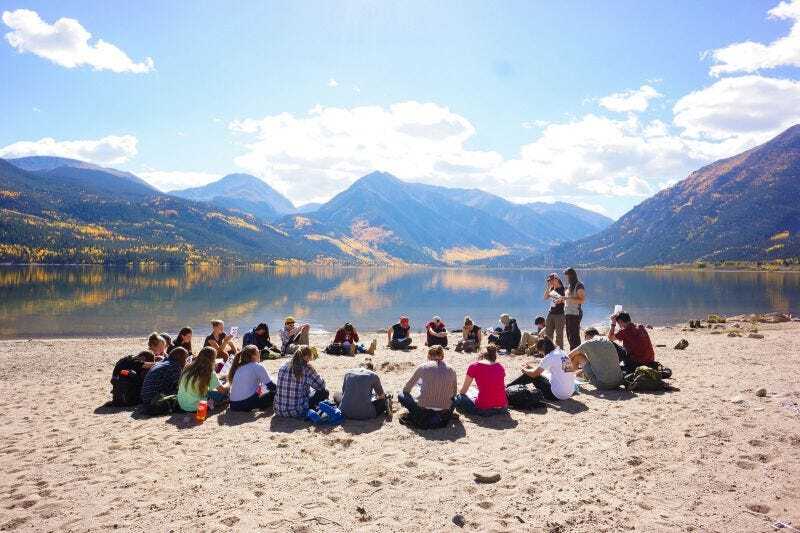

How would you feel about purely secular “mumbo jumbo” ceremonies meant to encourage care for the environment? Like, for example, an organized moment of silence before or after a cleanup (to stop and think about the natural area you’re cleaning up, listen to the birds/bugs/water, whatever)?



















Because the black roof lobby has spent a ton of money to keep roofs black.
Not kidding.